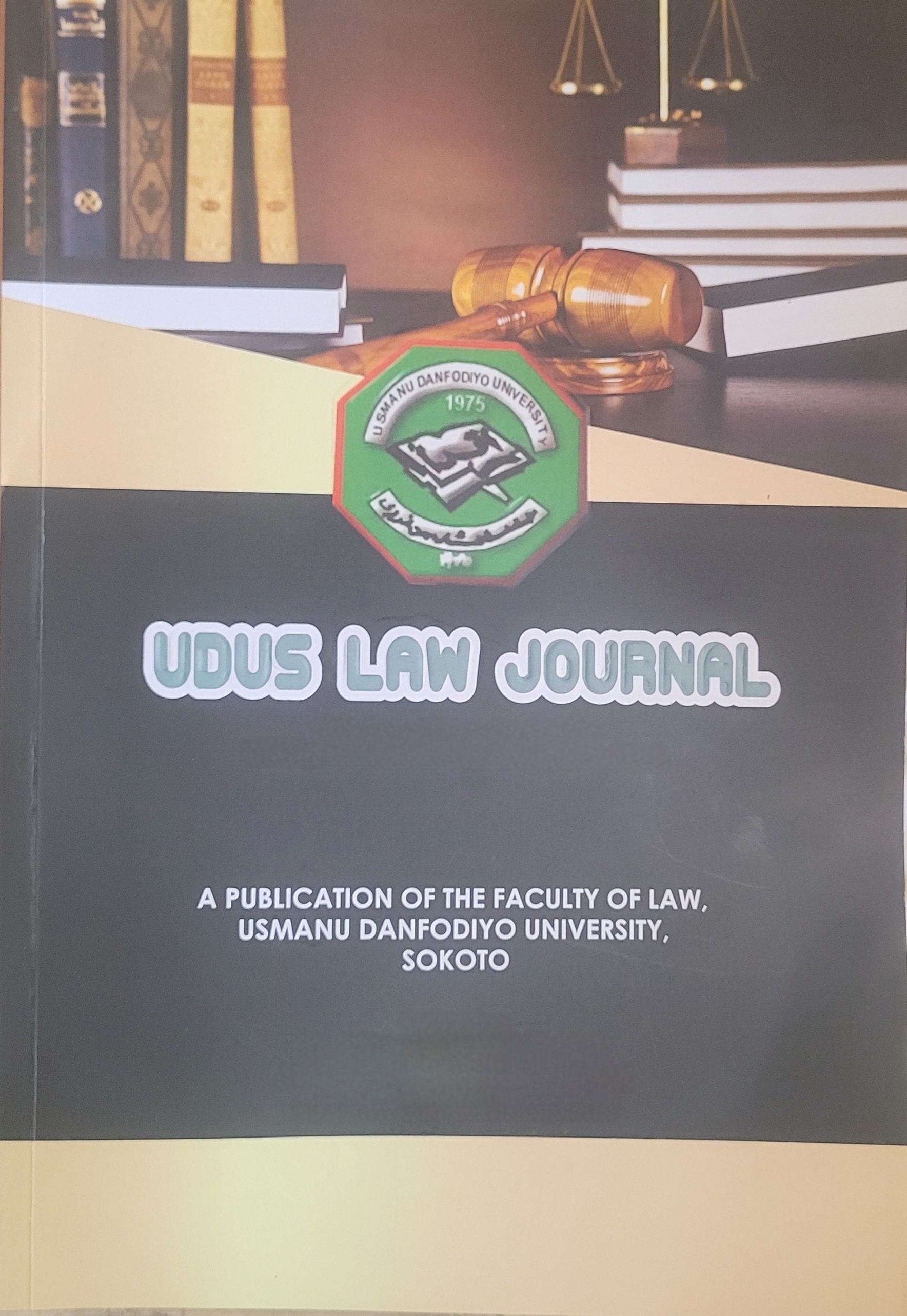Abstract
The Nigerian Labour Act 2004 and the International Labour Organisation has set minimum standards for the protection of the employer and the employee in the workplace. This research critically discusses maternity protection in the workplace. In the course of this research it was discovered that the Nigerian Labour Act in addition to organisational labour practices shows that international legal standards of operations has not been met in the area of maternity protection both at the federal and state levels in Nigeria. Key areas lacking sufficient maternity protection in Nigeria are: duration of maternity leave, cash and medical benefits, paternity leave, adoption leave, health protection, discrimination in the workplace, working conditions, childcare services. The laws, regulations and practices governing these areas were critically discussed. The health benefits of adequate maternity protection were also discussed. The importance of these health benefits portrays the importance of sufficient maternity protection in Nigeria. The aim of this research is to identify the gap in the maternity provisions that are inherent in the Nigerian Labour law and practice with reference to International Labour Organisation (ILO) standards and proffer recommendations and solutions for its implementation.



 National Library of Nigeria
National Library of Nigeria.jpg) Association of Nigerian Authors
Association of Nigerian Authors Nigerian Library Association
Nigerian Library Association EagleScan
EagleScan Crossref
Crossref